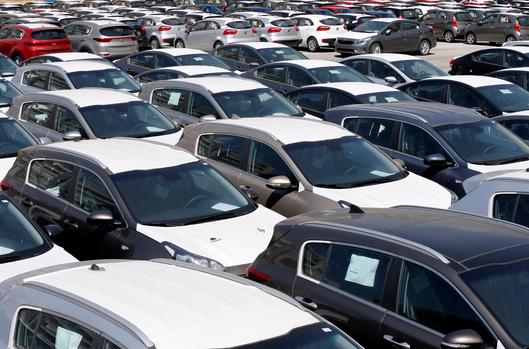Kohler Made a Camera for Your Toilet
https://www.theguardian.com/lifeandstyle/2025/oct/21/poop-cam-dekoda-throne
Evidence
-
What specific data, design details or testing information does the article provide about how the device detects waste-type, hydration, or blood traces and how reliable or transparent is that evidence?
-
Does the article disclose any independent studies, peer review or regulatory approval supporting the device’s claims-- and if not, what impact does that have on the strength of the evidence?
Perspective
-
Which voices are included (the manufacturer, tech reviewers, health experts) and which perspectives are missing?
-
How might the interpretation of this product differ if described from the perspective of someone concerned with data privacy or digital surveillance rather than health optimization?
Connections
-
How does this device connect to broader themes of health-technology, smart home devices, personal data analytics, or “quantified self” culture?
-
What real-world examples or prior innovations (such as wearable health trackers, smart toilets, or home-health sensors) could you mention to deepen the analysis of how this product fits into a larger ecosystem?
Significance
-
Why is this product significant for individual health monitoring, consumer privacy, the home environment and what implications might it have for the future of “connected health”?
-
Which groups are most affected (consumers, manufacturers, regulatory bodies, vulnerable users) and how does the article present the scale and magnitude of potential impacts?
Alternatives / Supposition
-
What alternative explanations might there be for why someone would buy this gadget (e.g., novelty, status, anxiety about health) that the article does not explore?
-
Suppose the device fails to detect a serious health issue how might that change our trust in such home-health technologies, and what does that tell us about the roles of human professionals versus automated monitoring?






